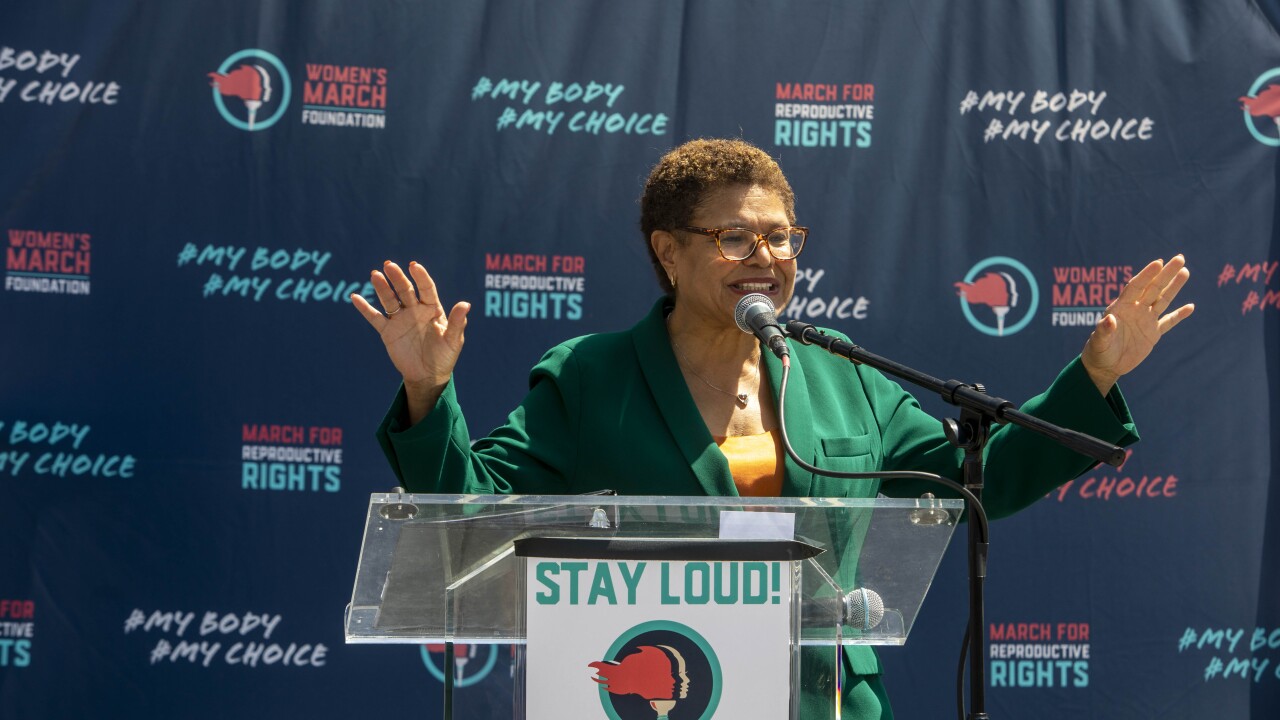The House Financial Services Committee late Friday
Committee chairman Barney Frank, D-Mass., who drafted the legislation, will lead a hearing on it tomorrow. The bill amends the section of the Commodity Exchange Act that defines what constitutes an “eligible contract participant” for a derivative transaction.
The amended version of the section is intended to mean that governments or political subdivisions that own and invest less than $50 million in discretionary investments would not be eligible contract participants for derivatives, with the presumption that such entities are not sophisticated enough to engage in complex derivatives transactions.
However, some attorneys say both the House and administration draft bills err in not proposing to amend the rest of that section of the CEA. It cross-references another section of the act that essentially says any government can be considered an eligible contract participant for a derivative transaction as long as its counterparty is a bank or other financial institution, a broker-dealer, a bank or broker-dealer holding company, or an insurance company. That list of firms represents all of the potential kinds of counterparties in muni derivatives.
This means that every government, regardless of its level of discretionary assets, would likely qualify as an eligible contract participant for a derivatives transaction.
Sources said that another apparent legal glitch with both draft bills would exempt standardized swaps from being cleared if one of the counterparties to the swap is not a swap dealer or major swap participant. Though most swaps entered into by municipalities are customized — not standardized — as written, this provision would appear to exempt all standardized derivatives from clearing if one of the counterparties is a municipality, since municipalities are not swap dealers and are unlikely to meet the definition of “major swap participant.”
Sources said the intent of the section is likely to require that as long as one of the participants is a swap dealer or major swap participant, standardized swaps must be cleared. But the provision does not appear to be written that way.
According to the bill, a “swap dealer” is any person that buys and sells swaps for his own account and a “major swap participant” is any person who is not a swap dealer but maintains a “substantial net position” in outstanding swaps. The Securities and Exchange Commission and the Commodity Futures Trading Commission would have to jointly determine the specific definition of “substantial net position.”
The bill is also silent on SEC chairman Mary Schapiro’s recent request that the proposal be strengthened to authorize the commission to regulate all securities-related OTC derivatives, which she said would “avoid regulatory gaps and eliminate regulatory arbitrage opportunities.”
Specifically, she said in testimony before the House Agriculture Committee on Sept. 22 that Congress should consider modifying the proposal “so that all securities-related OTC derivatives are regulated more like securities and commodity and other non-securities related OTC derivatives are regulated more like futures.”
Under both the House bill and the Treasury proposal, attorneys said that the SEC would generally only regulate swaps that are based on a narrow-based security index that include nine or less securities. Meanwhile, muni interest rate and other swaps based on a broad-based index — such as the Securities Industry and Financial Markets Association’s swap index — would be regulated by the CFTC.
A committee spokeswoman was not immediately available to comment on the bill. There is currently no companion bill in the Senate.





